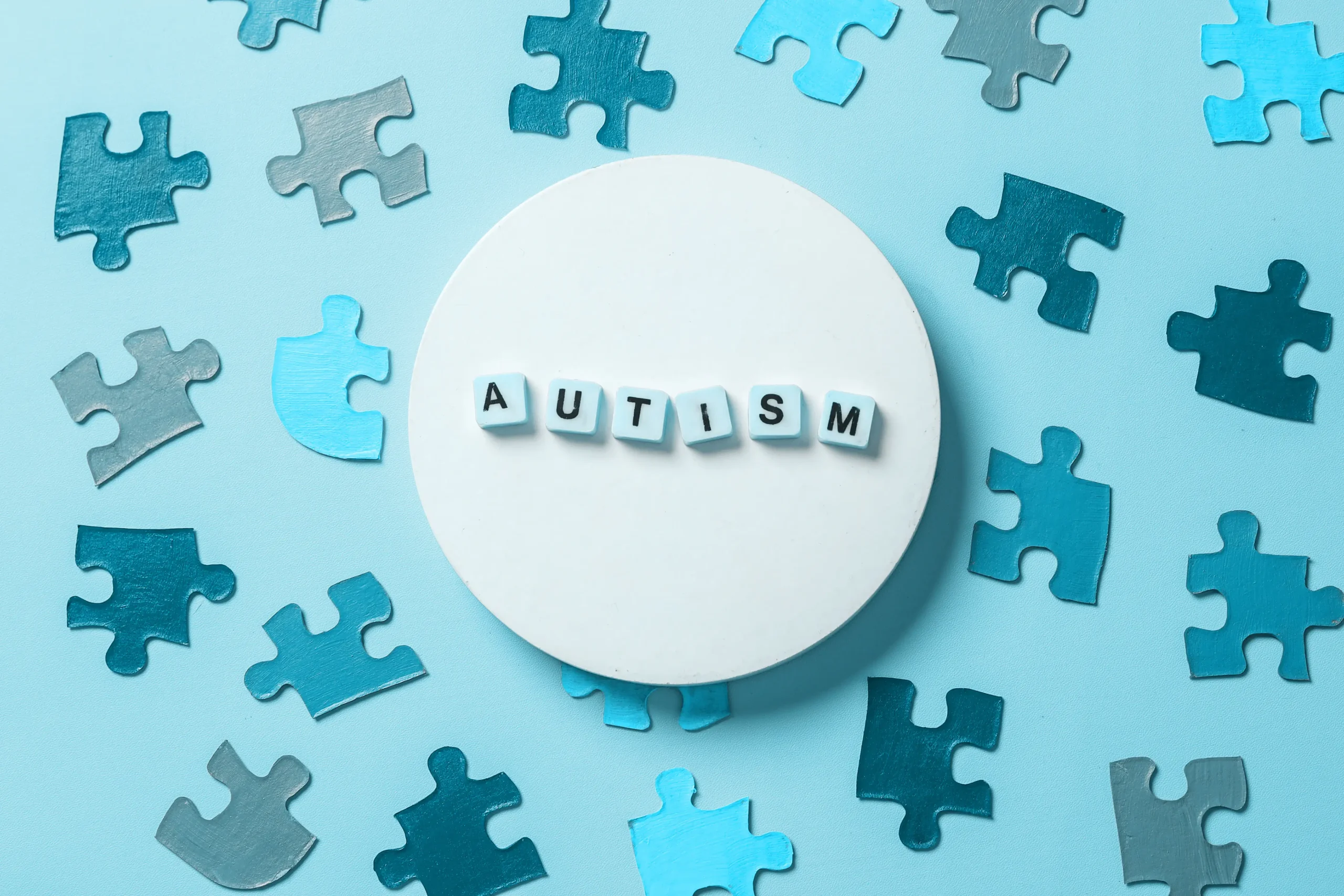What is Gestational Diabetes?
Being pregnant is a life-changing and exciting experience. Mom-to-be, you will meet your precious bundle of joy in a few months. If you have just been diagnosed with gestational diabetes, then it is important for you to know that you can help manage this condition by eating healthily, exercising, and if needed, taking medication.
Gestational diabetes, a type of diabetes that only happens during pregnancy, affects how your cells utilise glucose. When you are pregnant, your body produces more hormones and goes through other changes, like weight gain. These changes cause your body to use insulin less efficiently. This is known as insulin resistance, and it increases your body’s need for it.
Gestational diabetes causes high blood pressure that can affect both your pregnancy and your baby’s health. Once you have had it, you are more likely to develop type 2 diabetes later in life. Having gestational diabetes can increase your risk of having a big baby that has to be delivered by a Caesarean Section (C-section).
You can help decrease the risk of type 2 diabetes by doing the following after pregnancy:
- Choosing healthy foods. Load up on fruits and vegetables, restrict your fat intake to 30% or less of daily calories, and limit your portion size to help boost weight loss.
- Maintain a healthy body mass index.
- Aim to exercise for 30 minutes a day, five days a week.
What are the symptoms of gestational diabetes?
Often, gestational diabetes does not have any symptoms, or symptoms can be mild, like being thirstier than normal, or having to urinate more frequently.
How is gestational diabetes treated?
The aim of treatment is to keep your blood sugar levels normal. Treatment can include special meal plans and exercising often. It may also include insulin injections and daily blood sugar testing.
- If you have gestational diabetes, it is essential that you maintain a balanced diet. Take note of your carbohydrate, fat and protein intake. Eating often – as frequently as every two hours – can assist you to manage your blood sugar levels. Follow the healthy eating plan prescribed by your doctor or dietitian. Make sure to eat healthy foods like fruit, vegetables and whole grains.
- Being active is also key. Exercise reduces your blood sugar. Talk to your doctor about the level of activity that is safe for you and your baby throughout your pregnancy.
- If diet and exercise are not enough, you might require insulin injections to decrease your blood sugar.
- Your doctor will also monitor your baby closely.
Schedule a follow-up after delivery
Your doctor will check your blood sugar after delivery and again in 6-12 weeks to ensure that your level has returned to normal. If your tests are normal, your diabetes risk only needs to be assessed at least every three years.
When to visit your doctor
As gestational diabetes generally develops around the 24th week of pregnancy, your doctor will test you for it between 24 and 28 weeks of pregnancy.
Make sure to go to your doctor throughout your pregnancy and attend all your prenatal check-ups.
If you develop gestational diabetes, you might require check-ups more frequently especially during the last three months of your pregnancy when your doctor will monitor your blood sugar level and your baby’s health.
Remember, gestational diabetes can be managed during your pregnancy so relax and enjoy being a mom in waiting.
The lenmed Group is a world-class chain of Private Hospitals that brings quality healthcare to communities across Southern Africa.
For more information please contact:
Dr Kobby Essel, Gynaecologist and Obstetrician
MBChB (WITS), FCOG (SA), MMED (UCT)
Lenmed Zamokuhle Private Hospital
Tel: +27 (0) 11 923 7804
Email: [email protected] or [email protected]
Website: www.jhbobgyn.co.za
Disclaimer: Any information contained here is merely a guideline. Always visit your healthcare practitioner for any health-related advice or diagnosis.














